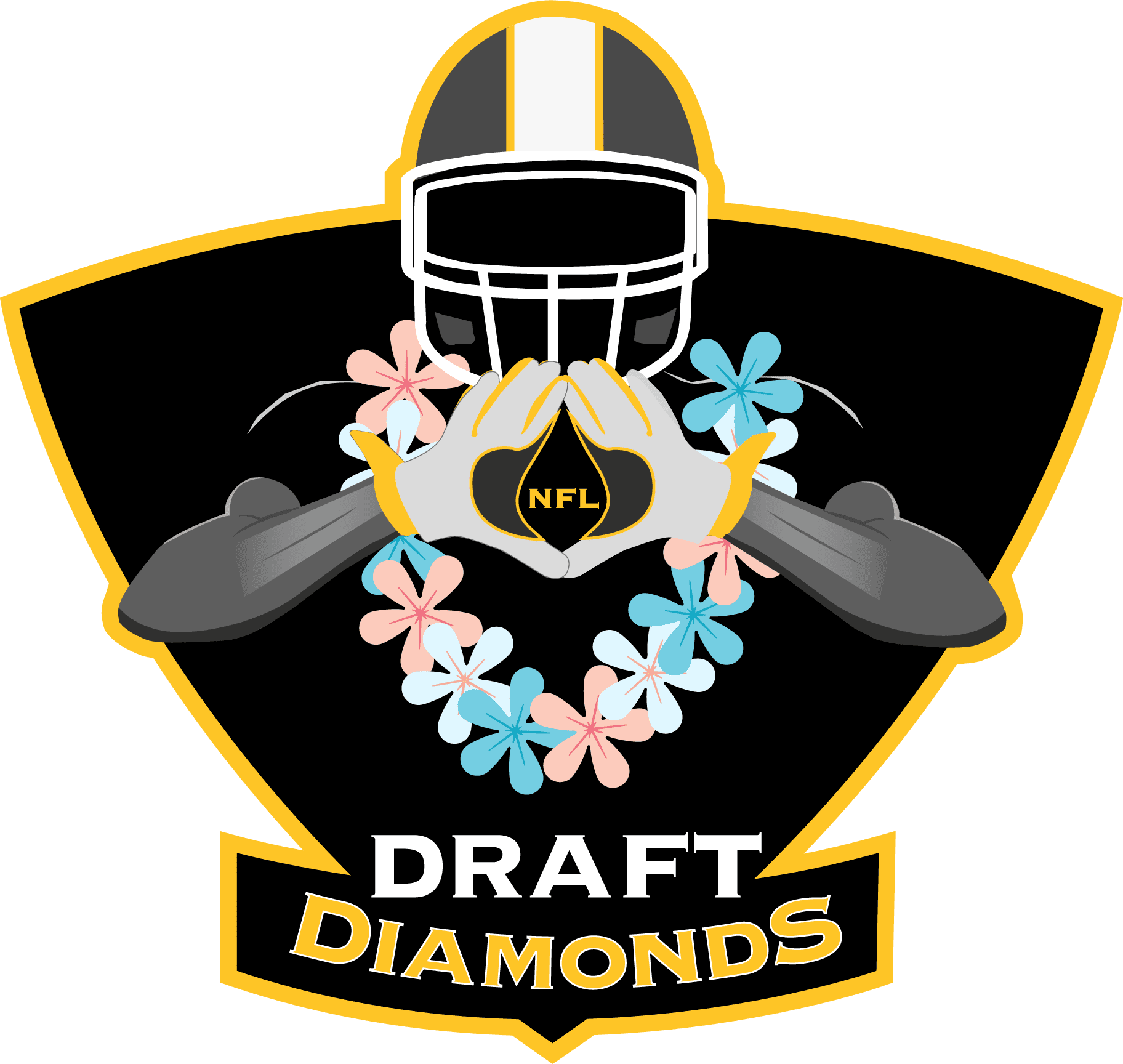Home-Underdog Theory and Holdover Bias

NFL betting is among the most popular markets in the United States, but the truth is that the NFL is also a very interesting and attractive league to bet on for many punters in other parts of the world. The NFL games are so big that they literally can’t be missing from sportsbooks, whether these are global bookies or online betting platforms or even more local bookmakers across the globe. So, if you are a fan of betting on a sport like NFL you can find plenty of choices and several available markets and lines nearly everywhere, including Swiss betting sites, which are traditionally credible and reliable bookies.
Some key issues in NFL betting and strategies
Overall, non-researched and under examined or non-examined bets usually go bad and lead to losses. This means that blind bets placed just for the sake of betting or predominantly driven by emotions are deemed to generate losses in the long run, but in the short-term as well in most cases.
So, one thing that every bettor should keep in mind is that there is absolutely no betting strategy, theory, approach or tip which should be followed without critical analysis and without proper evaluation, because there is absolutely no guarantee that they will surely work.
Strategies and theories in gambling exist to help bettors develop their own approach and they should – by all means – be regarded as propositions instead of law-like generalizations. Having made this clear, let’s now see two sports betting strategies that professional punters and expert bettors see as promising in NFL betting.
The Home-Underdog strategy
The home-underdog strategy is a betting strategy resting on the theoretical assumption that the home team has a statistically significant advantage in a forthcoming game, which increases if this home team is assessed by sportsbooks as being the big underdog.
Note that the strategy does not tell you to go and back any underdog that plays at home, but essentially to consider and search for the home-underdog that is very likely to cover the spread.
Many studies on the statistical results and records have concluded that a spread over 7 points is more likely to produce a high winning rate. That is, home underdogs with more than 7 points spread had a winning rate of almost 60%. At the same time, when there is a shift in the spread towards the favorite of the game, then betting on the home-underdog is more likely to be a winning bet.
However, the home-underdog theory can go off value when the sportsbooks realize the discrepancy and try to even out the inefficiency of the market. Bookies will certainly try to adjust betting lines, especially as they have a more round perspective on how the market goes.
Holdover bias
The holdover bias is strongly related to the recency bias and the key assumption that a team that has performed well in its last appearance will perform well in its forthcoming appearance as well. In more details, the juice is that the teams that have gone to the playoffs in the previous season are in fact overpriced at the beginning of the new season (the current season).
Here, the role of the teams’ previous season performance is weighted by bettors as being more important than it actually is. And this is why the specific teams that made the playoffs last season are eventually given at far greater probabilities than they actually have, because sportsbooks leverage all the attention of punters to these teams.
Statistics generally indicate that almost 80% of the playoff teams are considered to be favorites in the beginning of the season, but less than 48% score victories. If we add the spread, then nearly 65% of the teams fail to score victories within the first opening week, which leaves us with a respective 35% of the playoff teams of the previous season being actual favorites.
![]()

NFL Draft Diamonds was created to assist the underdogs playing the sport. We call them diamonds in the rough. My name is Damond Talbot, I have worked extremely hard to help hundreds of small school players over the past several years, and will continue my mission. We have several contributors on this site, and if they contribute their name and contact will be in the piece above. You can email me at nfldraftdiamonds@gmail.com
